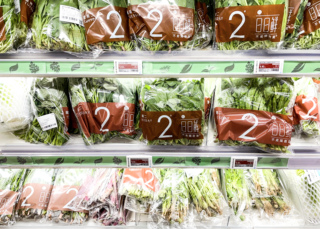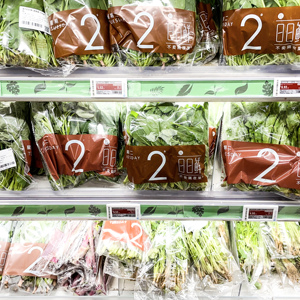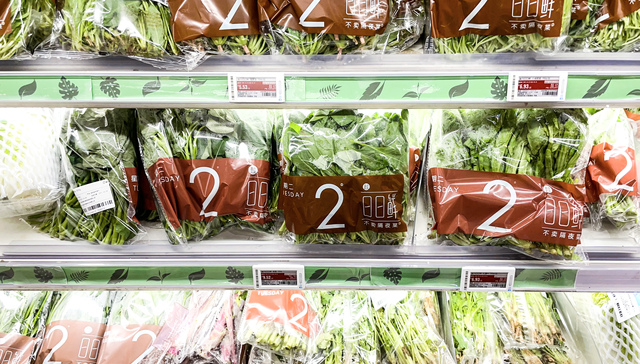By CHENG Lu
With the increasing emphasis on a healthy lifestyle, organic food is a new staple on kitchen tables worldwide. Global sales of organic food and beverages were almost 125 billion euros in 2021, primarily in Europe and North America.
Hema Fresh, the grocery arm of Alibaba recognized the trend back in 2018, making it a nationwide strategy last year. CAI Hong, the head of Hema Organics said sales were excellent last year. The range has expanded from food to include mother-and-child health and leisure products. Among many impressive performances, most notable have been a rush to organic meat and eggs.
Follow the gourd
Hema collaborates with more than 100 organic companies in China, including 41 Hema Organic Villages. Some suppliers have been with Hema for years and become leaders in the organic fields. One of these is Inner Mongolia's Shengmu, located in the Ulan Buh Desert. The organic pumpkins grown by Shengmu are signature products of Hema.

Shengmu, rooted in the desert for thirteen years, built its organic system around dairy products before trying organic vegetables, and the switchover was not easy.
Organic food has always been expensive and remains so. A full-fledged boom is inconceivable at current prices. Shengmu's LIU Wenguang underestimated the effort that would be required to sell vegetables. "Compared to organic vegetables, milk is really easy."
In 2019, Shengmu tried yams and sweet potatoes, but the sales and logistics led to considerable losses. Then came pumpkins and corn, then Hema, and all kinds of support.
Hema has over 300 stores in 30 cities across China. With a stable sales channel, Shengmu is expecting a harvest of 1.5 million pumpkins this year.
Organic, available, affordable
Hema wants its products to be genuinely organic, available and affordable. Cai reckons it’s a lot easier to be organic and available than it is to be affordable. Hema has over 1,800 organic products on its shelves. But it's not cheap, in fact, it's often several times more expensive than "common or garden" varieties.
To cut costs without cutting corners, Hema places orders six months in advance, encouraging farmers and producers to scale up production.
On the processing end, Hema sets standards. Products not meeting appearance standards, for example, are sliced and diced, reducing losses. Compared to the industry's general loss rate of more than 50 percent, Hema's organic vegetable suppliers maintain a loss rate of less than 25 percent.





